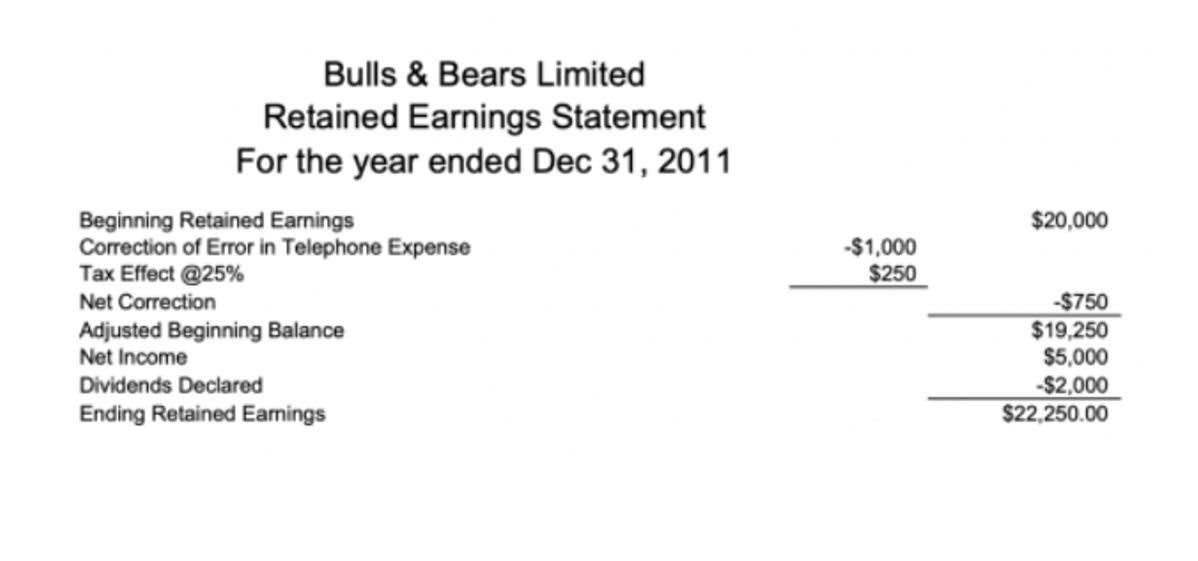
They are vital to managing a business’s finances by documenting transactions, generating reports, and assisting with accounting efforts. Broadly, a bookkeeper’s job is to manage the books by keeping track of day-to-day business finances. Bookkeeping professionals have their own expertise based on the types of businesses and industries they serve.
- Many payroll professionals can handle anything from collecting employee tax withholding information and setting up direct deposit to distributing pay stubs and filing taxes.
- Do you have more questions about the bookkeeping process for small businesses?
- Taxes are incredibly complex, so we may not have been able to answer your question in the article.
- The primary financial statements include the income statement, balance sheet, and cash flow statement.
- Especially if you’re hoping to play a more active role in daily operations and client-side projects.
Step 4: Process your first payroll run
The customer lets the bookkeeper know when they’ve been paid, we enter that payment in QuickBooks Online, and then we create a deposit to match what the client takes to the bank. We don’t provide “audited” financial statements; instead, our monthly financial reports are considered “prepared” financial statements. However, our monthly clients have the option to receive compilations and reviewed financials for an additional fee. For bookkeepers, acquiring new skills and staying current with industry trends can significantly impact their career trajectory.
Utilization of Accounting Software
You can connect with a licensed CPA or EA who can file your business tax returns. A skilled bookkeeper can navigate the complexities of your business’s money flow to free you up to focus on what you do best. In this article, explore how a bookkeeper can streamline your finances and empower you to make informed decisions. Payroll involves calculating do bookkeepers do payroll employee pay, deducting things like tax and retirement contributions, then distributing money to all the right people by the right dates. You also have to show all your workings to the government so they can make sure you’re doing everything correctly. Two of the most common are single-entry bookkeeping and double-entry bookkeeping.

CPA Advisory Services.
If you enjoy organization and numbers and have experience with bookkeeping, starting your own business offering this service might be a smart career choice. There are dozens and dozens of bookkeeping options available and the choices may seem overwhelming. We’ve analyzed and rated the best online bookkeeping services to help you make the best decision when choosing the right one. In the U.S., an enrolled agent (EA) is a tax preparer authorized by the IRS to represent taxpayers.
- These include the certified bookkeeper (CB) designation offered by the American Institute of Professional Bookkeepers.
- Junior bookkeepers looking to establish themselves in the field are arguably more likely to benefit from certification.
- This is something we can set you up to handle within your company, if you’re not already.
- This involves a tremendous amount of accuracy and persistence in first getting the information and then getting it entered.
- The level of pressure or stress experienced by a bookkeeper can vary depending on factors such as the size of the business, the complexity of the financial records, and the individual’s workload.
- Tickmark, Inc. and its affiliates do not provide legal, tax or accounting advice.
- But what do all of these figures mean, and where do you go from there?
best payroll methods for businesses
Regardless of whether a third-party payroll service or a staff accountant makes a payroll error—the employer is liable for any wage loss penalties. Working with a professional will likely save you a lot of headaches and reduce errors. It’s smart to check in regularly—especially when you’re first trying a service—to ensure nothing happens that could put you at risk. Once you’ve calculated your employee’s gross pay and withheld the necessary taxes, calculate the amount they get to take home.

- To properly calculate overtime hours, multiply each hour worked in a week above 40 hours by at least 1.5x the employee’s regular hourly rate.
- You start by calculating pay for each employee, according to the terms of their offer letter.
- The tips below are industry standards that will help any small business excel at bookkeeping.
- Each complements the other in ways that contribute to the overall financial health of the organization.
- Bookkeeping is the process of keeping track of a business’s financial transactions.
These records must include payroll information like wages, run dates, and hours worked. You will also need to withhold any required taxes, benefits, and garnishments from employee paychecks. Once you complete those steps, you must issue timely payments by mail or direct deposit. Go through your payroll to ensure that all of the information and calculations are correct. For example, it can’t determine if the hours submitted equate to the actual amount of hours worked—it’s up to you as the business owner to make those determinations. A payroll software service is a great addition to any company, but it can only take you so far.
Bookkeeping vs. Accounting: What’s the Difference—and Which One Does Your Business Need?
As a small business owner, she is passionate about supporting other entrepreneurs and sharing information that will help them thrive. Fringe benefits are becoming increasingly popular and may include things like employee stock purchasing, discounts, and travel rewards—which are all taxable forms of compensation. The downside to outsourcing payroll to an individual or a small company is that if staff members have concerns, they may need to wait slightly longer to get an answer. Then, the program you’re using can start to run payroll calculations. To properly calculate overtime hours, multiply each hour worked in a week above 40 hours by at least 1.5x the employee’s regular hourly rate. Employees at these jobs often live paycheck to paycheck which is partly (and unfortunately) why frequent payments are so important.
Now that you understand how bookkeeping and accounting differ, it’s time to decide which one is right for your business. While this decision is personal and depends on your needs and business goals, here are some signs it’s time to outsource your bookkeeping and accounting needs. At a minimum, an accountant must have a bachelor’s degree in accounting. They may also pursue certifications to demonstrate they have the expertise required to serve their clients.

Do Accountants Do Bookkeeping?
You can sometimes choose between full-time and part-time positions, and you may go to work in an office or work from home. While single-entry bookkeeping is simpler, double-entry is more thorough and less likely to produce errors. For example, note which software you want a candidate to be familiar with–including general programs that your office uses. We recommend taking the time to find a bookkeeper you can trust a great deal.